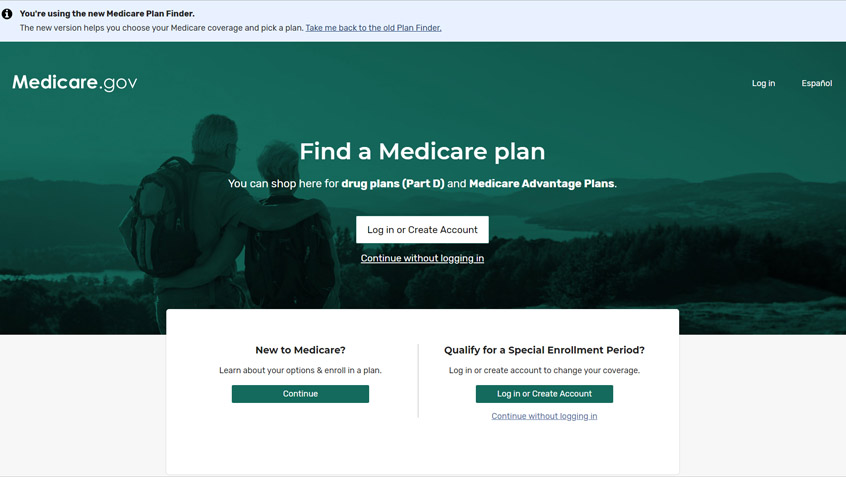
Litigation Around Public Charge Rule Continues
A court case that may invalidate controversial changes to immigration rules has had two developments this week. The case, which challenges changes that the Department of Homeland Security (DHS) made to the “public charge rule,” is one of several that have been brought asking courts to review the policy.








